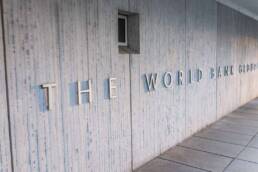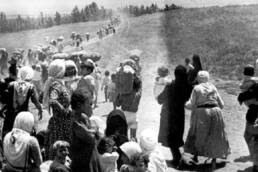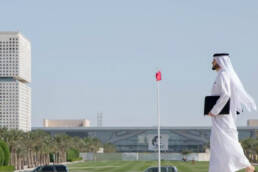Notes:
Contemporary Arab Affairs, Vol. 11, Number 3, pp. 3–24. issn 1755-0912. Electronic issn: 1755-0920. © 2018 by the Centre for Arab Unity Studies. All rights reserved. Please direct all requests for permission to photocopy or reproduce article content through the University of California Press’s Reprints and Permissions web page, www.ucpress.edu/journals.php?p=reprints. DOI: https://doi.org/10.1525/caa.2018.113001
Hiba Khodr: is Associate Professor of Public Policy and Public Management, Political Studies and Public Administration, American University of Beirut. Her main research interests are focused on public policy making in the Middle East and North Africa (MENA) region and on bridging policy and research to generate evidence-based policy in the Arab World.
We appreciate your support
SUPPORT THE CENTRE FOR ARAB UNITY STUDIES
The Centre is reaching out for its friends and readers for support, whether by ordering our publications and paying for them in hard currency, or through donations. The Centre welcomes any support to boost its resiliency, to ensure its survival, the continuation of its legacy and its commitment to tackle issues facing the Arabs and the Arab world.



